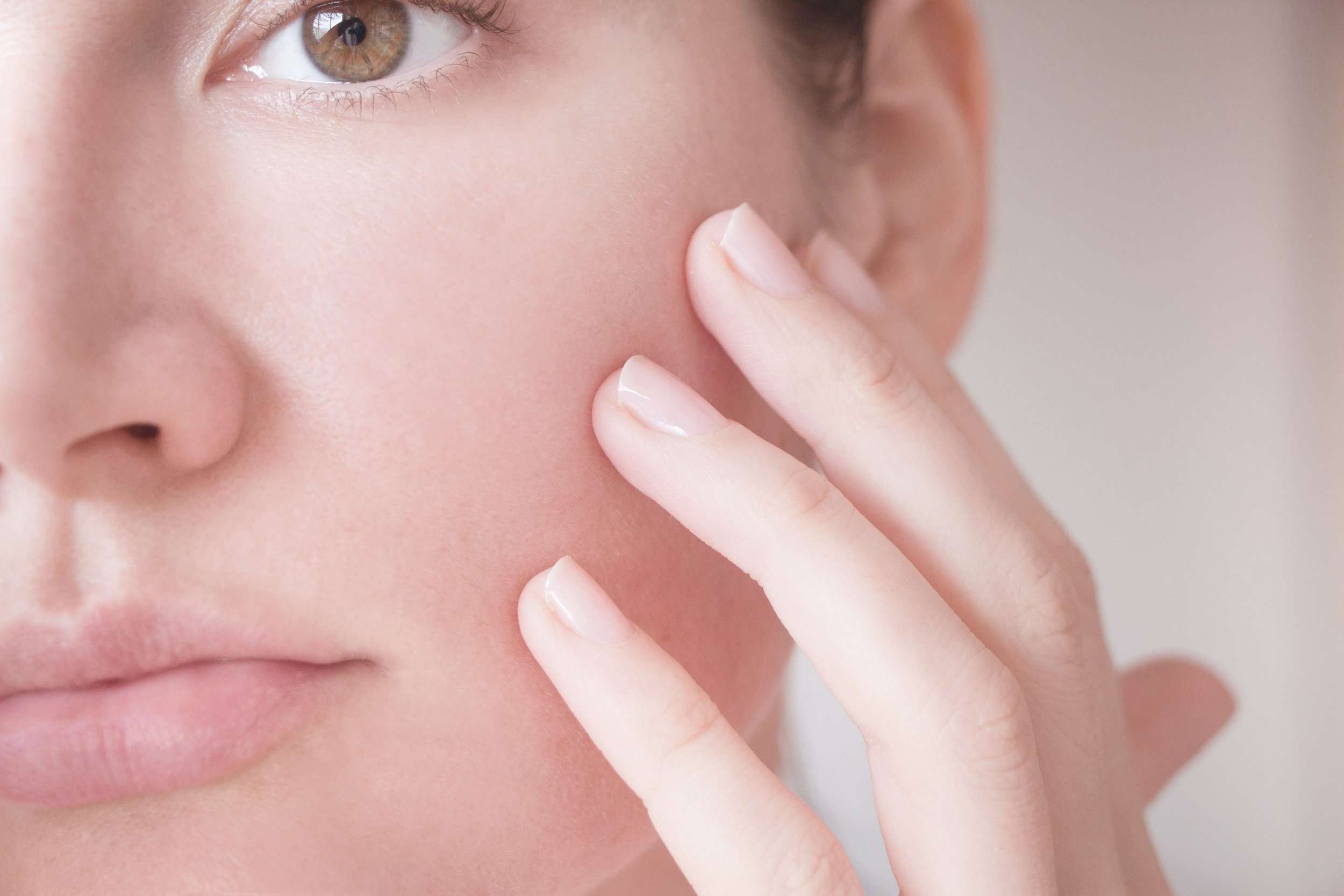Is Retinol A Miracle Skin Cream?
Retinol is definitely a skin game changer and one of the key essentials you should have in your skin care regime.
What is it and what does it do?
Retinoids are found in beta-carotene rich food and vegetables. They are anti-oxidants that are converted into Vitamin A in the body. They are good for our vision, immune system and promote a healthy skin. Retinoids internally are good for us when eaten but how do they work in skin creams?
Topical retinoids in skin creams have structural and functional similarities to vitamin A and play an important role in skin care but your skin can only use its most biologically active form which is retinoid. This means that although there are many products available both over the counter in supermarkets and pharmacies they are not equal to the products available from clinics.
What’s the difference in brands?
Over the counter products will contain retinol, retinyl esters, and retinaldehyde. These ingredients have to go through a series of steps on the skins surface to convert to Retinoid before the skin can utilize its benefits! The more steps it takes to convert, the weaker it will be. Klinik recommends OBAGI retinols.
How does Retinol work?
Acne Retinol reduces sebum and helps to unclog the pores. It works by maintaining the lining of the hair follicles clear, when they have become blocked causing acne breakouts.
Anti-aging Retinol can help to ‘down regulate’ or slow down, certain harmful enzymes that cause the breakdown of collagen. Collagen is part of the scaffolding we need to keep,skin firm and plump. It also Increases fibroblast production which also increases collagen production.
Pigmented sun damaged skin: Retinoids act on the cells that produce skin pigment so is very good for repairing pigmented /sun damaged skin including melasma and actinic lentigines (brown age spots) on the hands and forearms. By reducing these pigments it visibly lightens the skin and increases good cell turnover so the body can replace older skin with newer skin.
Psoriasis is an inflammatory disorder and topical retinoids help reduce the skin cell proliferation to alleviate symptoms and slow down the inflammation. The anti-inflammatory effects increases cell turnover reduces fine lines and wrinkles and is known to have a preventative anti-aging and anti-wrinkle properties.
Retinol helps to repair sun damaged skin, fine lines wrinkles & pigmentation.
Prescription Tretinoin is pure retinoic acid meaning that it’s already active and does not need to be converted on the skin. It has positive effects on sun damaged aging skin, fine lines, acne, skin pigmentation, melasma and post-inflammatory hyperpigmentation. As Tretinoin is delivered in its pure form it is strong so you may experience a reaction of mild flaking, dry patches, redness, and perhaps an initial worsening of acne.
How do I use it?
Start low and slow. Your medical prescriber can assess on strength and usually recommend you start 2-3 times a week in the evening only. Always use a moisturiser at night and SPF 50 sun block during the day. Strength ranges from 0.025% up to 0.1%.
Tretinoin or retinol essentially refers to how many stages have to happen before the conversion to Retinoid takes place and it is effective in the skin.The strength correlates to the level of irritation that users may experience. A product’s formulation and retinoid concentration are also factors that affect this. Remember that anything sold over the counter is designed not to cause irritation (as the pharmacy / shop staff will not be on-hand to manage this) but initial irritation is perfectly normal and is a sign of the action. Products prescribed in Klinik are always licensed products with evidence based results and the experience of a medical prescriber to manage how to use them and any effects.





